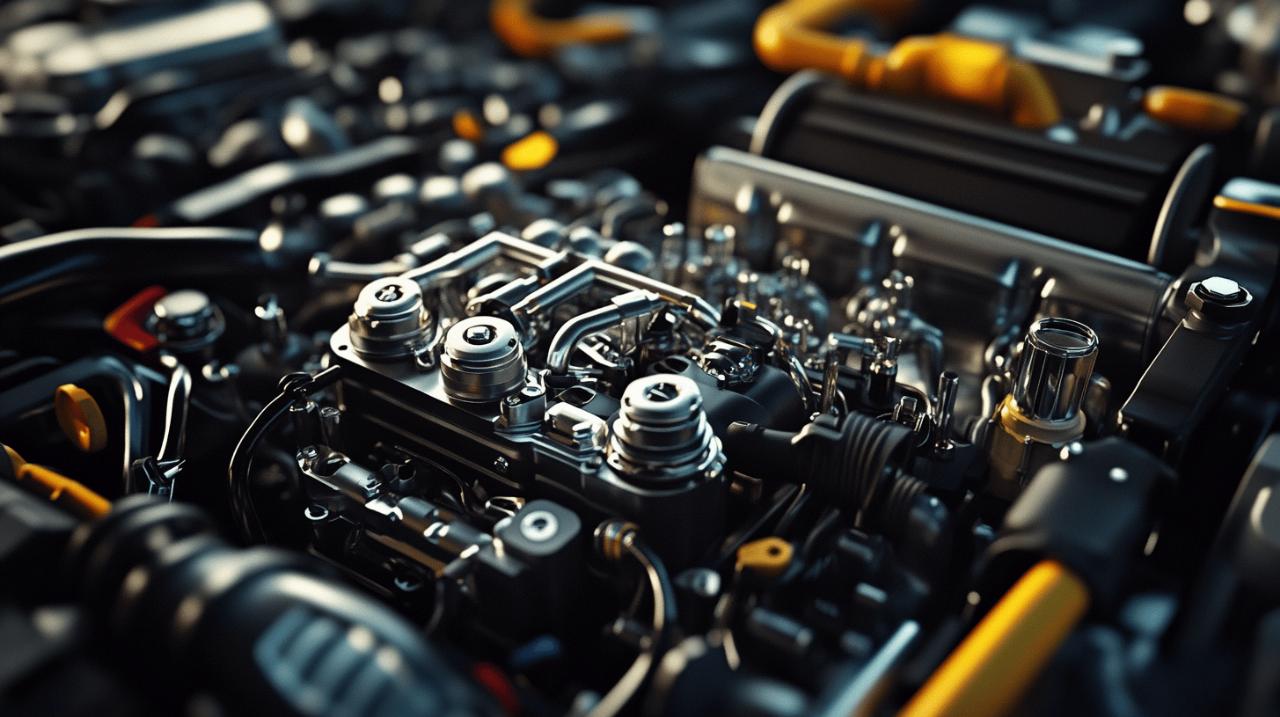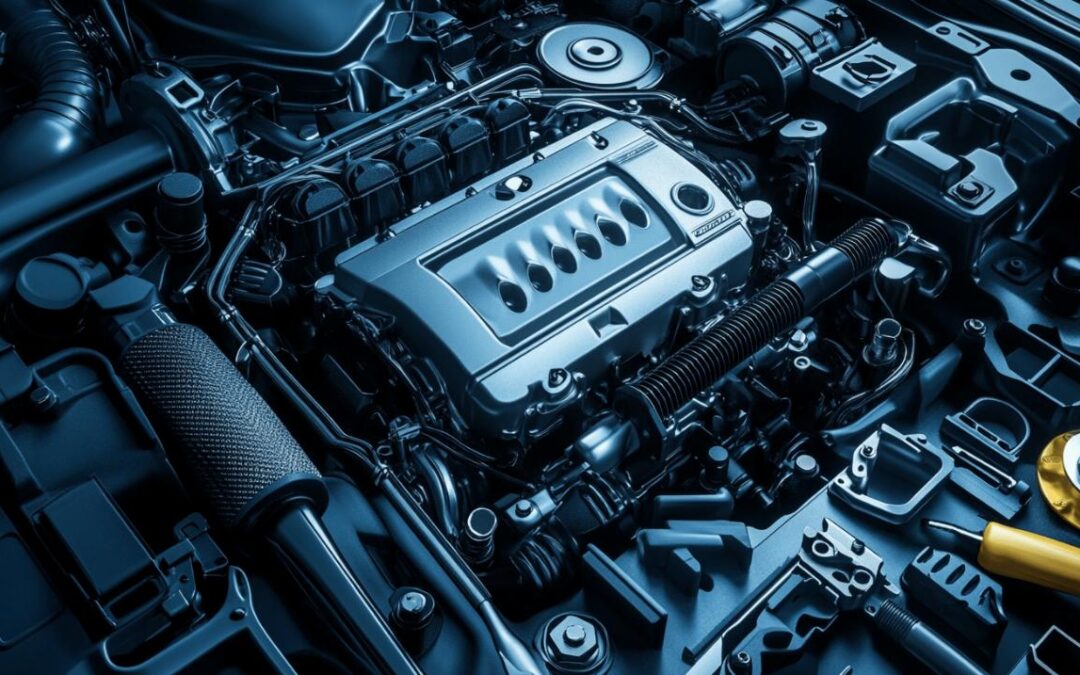Regular automotive care and maintenance are essential aspects of vehicle ownership that cannot be overlooked. Whether you drive daily or occasionally, understanding how to properly maintain your vehicle can significantly extend its lifespan while ensuring optimal performance and safety on the road. This comprehensive guide explores fundamental maintenance practices that every motorist should incorporate into their routine.
Essential regular checks for vehicle longevity
Developing a systematic approach to vehicle maintenance is crucial for preserving your Auto Health and preventing costly repairs down the line. Research indicates that consistent maintenance can prevent approximately 30% of major vehicle malfunctions, highlighting its importance in overall vehicle care. Rather than waiting for dashboard warning lights to appear, proactive maintenance allows you to address minor issues before they escalate into significant problems.
Setting up a regular maintenance schedule based on your vehicle manufacturer’s recommendations provides a structured framework for keeping your car in optimal condition. Most vehicles require servicing every 12 months or 12,000 miles, whichever comes first. However, certain components require more frequent attention to ensure they function correctly.
Fluid levels and quality monitoring
Monitoring various fluid levels in your vehicle is one of the most fundamental aspects of car maintenance. Engine oil serves as the lifeblood of your car, providing necessary lubrication to reduce friction between moving parts. Checking your oil level monthly using the dipstick ensures it remains between the ‘ADD’ and ‘FULL’ marks. Beyond just the level, the quality of the oil matters significantly; clean oil appears amber and translucent, while dirty oil appears darker and feels gritty.
Beyond engine oil, other vital fluids require regular inspection, including coolant, brake fluid, power steering fluid, and windscreen washer fluid. Maintaining proper coolant levels prevents engine overheating, which can cause severe damage if left unchecked. Similarly, adequate brake fluid ensures your braking system functions properly, directly impacting your safety on the road. Experts recommend changing oil every 3,000 to 6,000 miles depending on driving conditions and vehicle specifications.
Tyre pressure and tread assessment
Tyres represent the only contact point between your vehicle and the road, making their maintenance particularly crucial for safety and performance. Weekly tyre pressure checks are recommended as underinflated tyres contribute significantly to road accidents due to compromised handling and increased stopping distances. For accurate readings, check tyre pressure when tyres are cold, using the recommended pressures typically found on a sticker inside the driver’s door frame rather than the maximum pressure listed on the tyre itself.
Tread depth deserves equal attention as it directly affects grip, especially in wet conditions. Using a proper tread depth gauge allows you to measure accurately, ensuring your tyres meet the legal minimum requirements. Signs of uneven wear might indicate alignment or suspension issues that require professional attention. Rotating tyres regularly promotes even wear across all four tyres, extending their usable life and maintaining consistent handling characteristics.
Seasonal maintenance considerations
 Vehicle maintenance requirements vary significantly with changing seasons, necessitating specific adjustments to ensure optimal performance year-round. Seasonal car care involves tailoring your maintenance routine to address the unique challenges posed by different weather conditions. This proactive approach helps prevent weather-related breakdowns and extends the operational life of various vehicle components.
Vehicle maintenance requirements vary significantly with changing seasons, necessitating specific adjustments to ensure optimal performance year-round. Seasonal car care involves tailoring your maintenance routine to address the unique challenges posed by different weather conditions. This proactive approach helps prevent weather-related breakdowns and extends the operational life of various vehicle components.
Many motorists underestimate the impact of seasonal changes on their vehicles, leading to preventable issues during extreme weather conditions. Implementing seasonal maintenance strategies not only enhances safety but can also improve fuel economy and reduce long-term maintenance costs. The Simply Fleet maintenance program recommends developing a comprehensive seasonal checklist to ensure no critical areas are overlooked during transitional periods.
Winter preparation strategies
Preparing your vehicle for winter involves several critical checks to ensure reliability during colder months. Battery performance typically decreases in cold weather, making winter an especially challenging time for older batteries. Having your battery tested before winter arrives can prevent the inconvenience of morning non-starts during freezing temperatures. Learning the correct procedure for safely jump-starting a vehicle becomes particularly valuable during this season.
Ensuring proper antifreeze concentration in your cooling system prevents freezing, which could cause significant engine damage. Similarly, switching to winter-grade oil improves cold-weather starting and provides better engine protection during cold starts. Visibility becomes especially important during winter months with shorter daylight hours, so checking all exterior lights and replacing any burnt-out bulbs improves safety. Additionally, replacing worn wiper blades and using winter-grade washer fluid that resists freezing ensures clear visibility in challenging winter driving conditions.
Summer heat protection measures
Summer presents its own set of challenges for vehicle maintenance, with high temperatures placing additional stress on cooling systems and batteries. Checking coolant levels and condition becomes especially important as an overheating engine can lead to catastrophic damage. The cooling system should be flushed and refilled according to manufacturer specifications, typically every 60,000 miles, to maintain optimal heat dissipation properties.
Air conditioning systems require attention before hot weather arrives, ensuring they function efficiently when needed most. Low refrigerant levels, worn belts, or clogged condensers can all compromise air conditioning performance. Tyre pressure also deserves special attention during summer months as heat causes pressure to increase, potentially leading to overinflation if not properly monitored. Maintaining clean air filters becomes more critical during dusty summer conditions, affecting both engine performance and cabin air quality. Regular external washing protects your vehicle’s paint from damage caused by intense summer sun and removes corrosive substances like road salt residue from winter driving.

